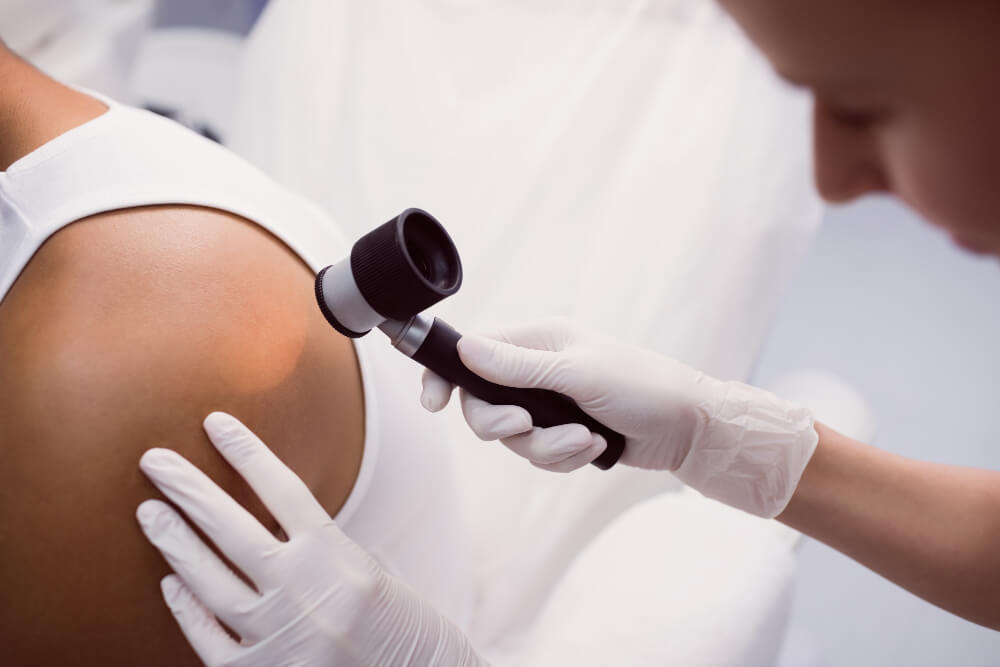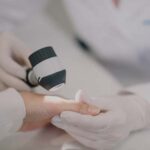Understanding ED&C for Treating Skin Cancer at Apollo Dermatology
At Apollo Dermatology, Dr. Dupati and our team strive to provide effective, patient-centered care for all types of skin cancers. One treatment option often considered for specific cases of skin cancer is ED&C, or “Electrodesiccation and Curettage.” Let’s delve into what ED&C is, when it’s used, and why you can trust Dr. Dupati’s expert guidance in choosing the best treatment for you.
What is ED&C?
Electrodesiccation and Curettage (ED&C) is a minimally invasive procedure used to treat certain skin cancers, particularly some basal cell carcinomas (BCCs) and squamous cell carcinomas (SCCs). During the ED&C procedure:
- Curettage: The affected area is gently scraped with a special instrument called a curette to remove cancerous cells.
- Electrodesiccation: An electric current is then applied to the area to destroy any remaining cancer cells, cauterizing the tissue to minimize bleeding and reduce the chance of recurrence.
The entire process typically takes place under local anesthesia in the office and usually doesn’t take much time. ED&C is valued for being both efficient and effective in carefully selected cases.
Which Types of Skin Cancer are Treated with ED&C?
Not all skin cancers are appropriate candidates for ED&C. Dr. Dupati carefully evaluates each patient’s unique case to determine the best course of action. Generally, ED&C is an option for:
- Superficial Basal Cell Carcinomas (BCCs): These types are often located on non-high-risk areas like the trunk or extremities.
- Squamous Cell Carcinoma in Situ (SCCis): ED&C may be suitable for SCCis that are small and located on non-high-risk areas.
Certain skin cancers that are located in high-risk areas, are more aggressive in nature, or involve critical structures are better suited to other treatments, like Mohs surgery.
Why Dr. Dupati is a Trusted Expert in Choosing Your Treatment
Dr. Dupati is a double board-certified Dermatologist and Mohs Surgeon, with extensive training at the University of Michigan Department of Dermatology. When making a treatment decision, he:
- Follows Mohs Appropriate Use Criteria: This ensures that Mohs surgery is applied when most effective and appropriate.
- Adheres to National Comprehensive Cancer Network (NCCN) Guidelines: These guidelines outline the best practices for treating skin cancers based on evidence and expert consensus.
- Leverages Extensive Knowledge and Experience: His experience allows him to expertly assess each skin cancer’s unique characteristics and determine the optimal treatment for each patient.
At Apollo Dermatology, our approach is patient-centered and guided by science. Whether ED&C, Mohs surgery, or another treatment is best for you, Dr. Dupati will walk you through your options and help you make an informed decision for a successful outcome.
















